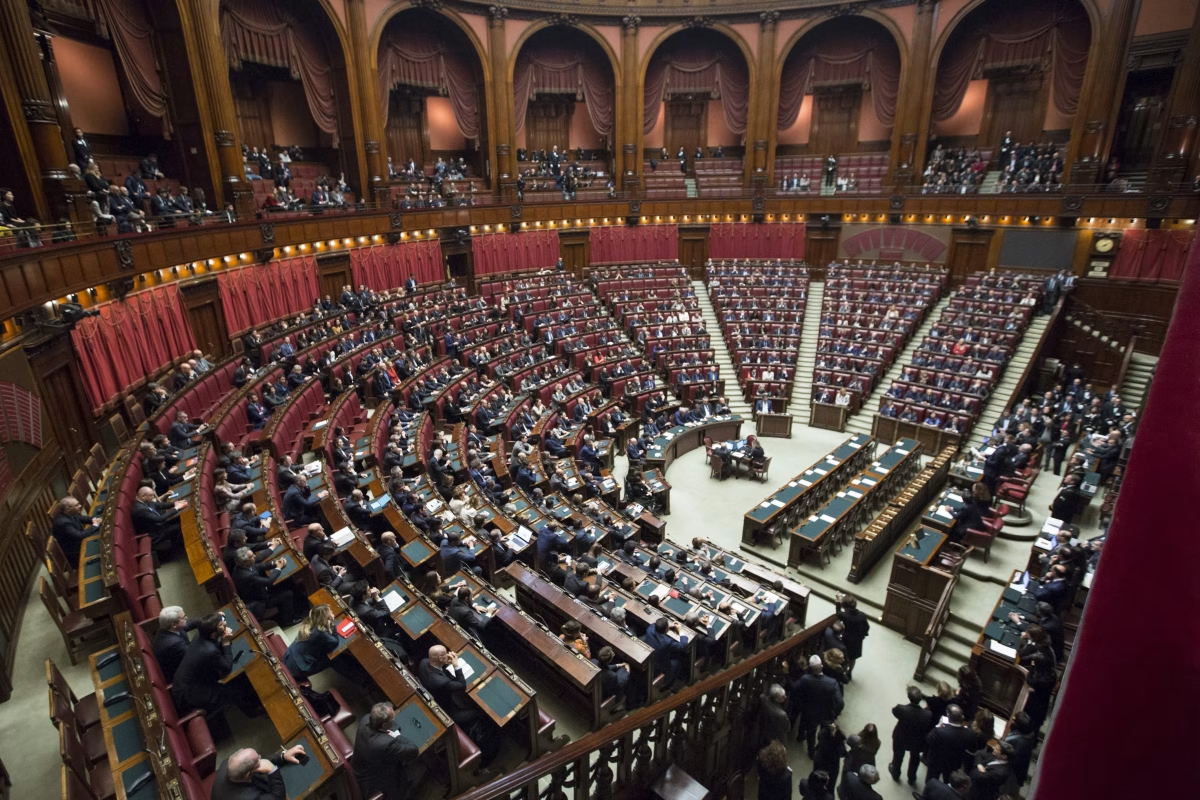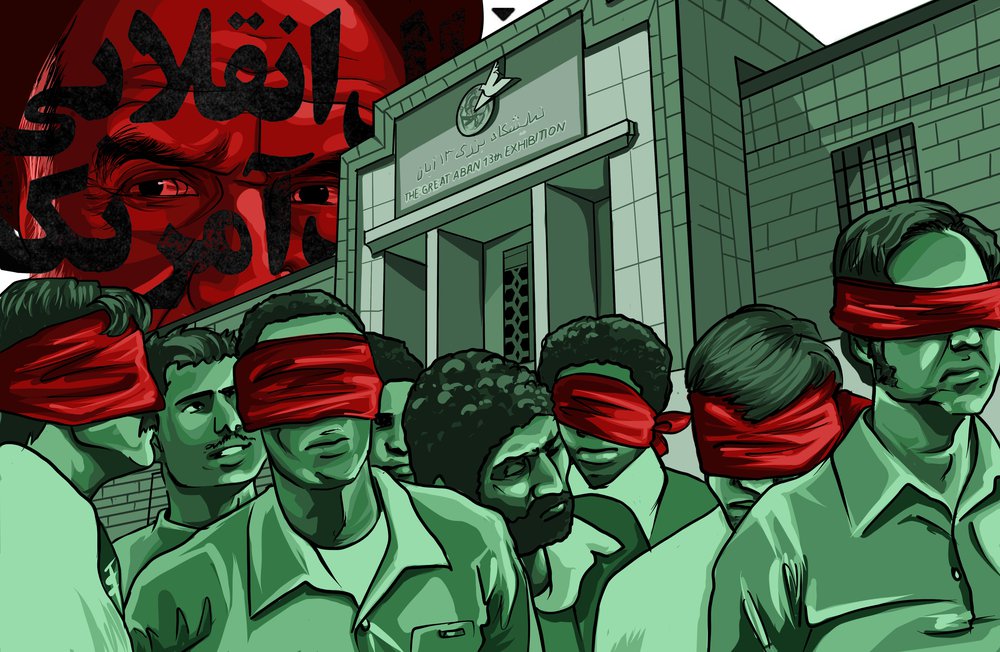The Haitian Revolution is a monumental historical event, not only for its immediate impact on the Caribbean but also for its enduring legacy of inspiration and empowerment. This revolution fundamentally changed the course of history by sparking a wave of resistance against oppression and inspiring other enslaved populations to rise up against their oppressors.
One of the most significant consequences of the Haitian Revolution was its role in catalyzing other slave revolts across the Americas. Prior to Haiti’s successful rebellion, enslaved populations throughout the region faced daunting odds and seemingly insurmisable obstacles in their struggle for freedom. However, witnessing the Haitian people overthrow their oppressors ignited a spark of hope and determination among other enslaved communities. The idea that “If they can do it, why not us?” reverberated throughout the Americas, inspiring countless individuals to take action against their enslavers. An example of this is seen in John Russwurms’ “Haytien Revolution,” where he writes, “We have seen the establishment of an independent nation by men of our own color; the world has seen it; and its successes and durability are now placed beyond doubt.” This proves that the revolution was seen as an inspiration for those worldwide, as it was published in Freedom’s Journal of the United States, the first African American newspaper of its time.
Moreover, the Haitian Revolution had a profound impact on the response of enslavers and colonial authorities to slave resistance. Some, like Winthrop Sargent, blamed the revolution for the slave risings in the states, “and [it] was intended to extend throughout the United States–to reiterate the horrid scenes of Rapine & Murders, which have been practiced in the French Islands [Haiti]” In the wake of Haiti’s independence, many enslavers became increasingly fearful of the potential for rebellion among their own enslaved labor force. Charles Pinckney’s fear of the uprising in the Caribbean and its spread is clearly shown through a letter in which he writes to George Washington, “…I am afraid if not checked in time it [the Haitian Revolution/its ideas] is a flame which will extend to all the neighbouring islands, & may eventually prove not a very pleasing or agreeable example to the Southern States.” This fear led to the implementation of stricter rules, harsher punishments, and further restrictions on the rights and freedoms of enslaved Africans. The hope and resilience demonstrated by the Haitian revolutionaries posed a direct challenge to the established order, prompting reactionary measures from those in power.
The Enlightenment, with its ideals of liberty, equality, and human rights, played a crucial role in shaping the Haitian Revolution and its aftermath. The revolutionary leaders drew inspiration from Enlightenment philosophers who advocated for the rights of all individuals to govern themselves and resist tyranny. “…win the right to determine their own future.” What is that if not the Enlightenment? Outside Haiti’s borders people, like the woman Jacqueline Bacon, saw how Haitians were demanding control of their futures; just like how later in the Enlightenment movement we see the decline of deterministic views. The influence of Enlightenment ideas can also be seen in the demands of the revolutionaries, such as the Grand Blancs questioning why they did not have representation and the same rights as those in mainland France. These Enlightenment principles provided a powerful ideological framework for the struggle for freedom and equality in Haiti and beyond.
In conclusion, the Haitian Revolution’s legacy of inspiration extends far beyond its immediate impact on the Caribbean. It served as a catalyst for slave revolts throughout the Americas, challenged the entrenched system of slavery and colonialism, and gave voice to the aspirations of oppressed peoples worldwide. Through its embrace of Enlightenment ideals and unwavering commitment to liberation, the Haitian Revolution continues to inspire movements for justice and equality to this day.
Photo by Heather Suggitt on Unsplash













